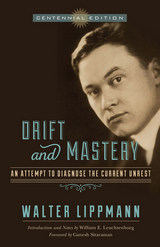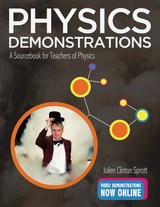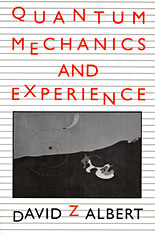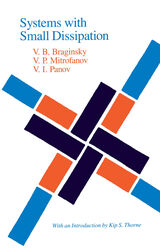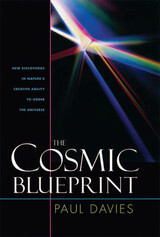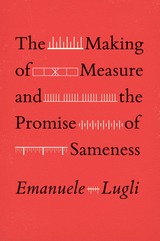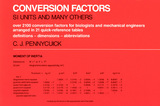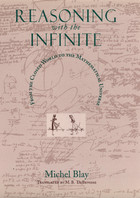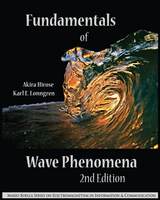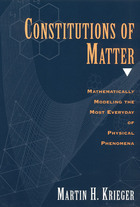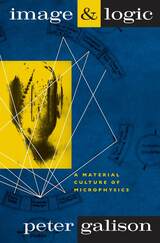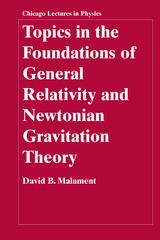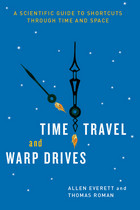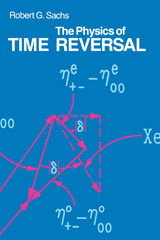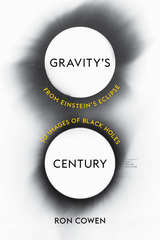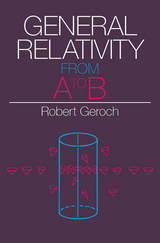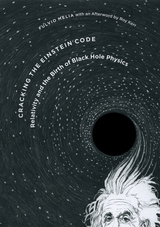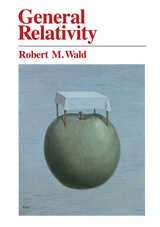Reasoning with the Infinite: From the Closed World to the Mathematical Universe
University of Chicago Press, 1998
Paper: 978-0-226-05835-1 | Cloth: 978-0-226-05834-4
Library of Congress Classification QC133.B5313 1998
Dewey Decimal Classification 530.15
Paper: 978-0-226-05835-1 | Cloth: 978-0-226-05834-4
Library of Congress Classification QC133.B5313 1998
Dewey Decimal Classification 530.15
ABOUT THIS BOOK | TOC
ABOUT THIS BOOK
Until the Scientific Revolution, the nature and motions of heavenly objects were mysterious and unpredictable. The Scientific Revolution was revolutionary in part because it saw the advent of many mathematical tools—chief among them the calculus—that natural philosophers could use to explain and predict these cosmic motions. Michel Blay traces the origins of this mathematization of the world, from Galileo to Newton and Laplace, and considers the profound philosophical consequences of submitting the infinite to rational analysis.
"One of Michael Blay's many fine achievements in Reasoning with the Infinite is to make us realize how velocity, and later instantaneous velocity, came to play a vital part in the development of a rigorous mathematical science of motion."—Margaret Wertheim, New Scientist
"One of Michael Blay's many fine achievements in Reasoning with the Infinite is to make us realize how velocity, and later instantaneous velocity, came to play a vital part in the development of a rigorous mathematical science of motion."—Margaret Wertheim, New Scientist
See other books on: Infinite | Mathematical physics | Mechanics | Motion | Reasoning
See other titles from University of Chicago Press



